Ron Gallo’s performance at the First Unitarian Church was unearthly. The crowd was buzzing as he prepared, as though everyone knew exactly what they were about to feel. Ron himself was stoic when he stepped onto the stage. In fact, he didn’t smile until about a third of the way through his set, in contrast to Dylan Sevey (drums) who was grinning widely almost throughout.
All the openers – Ian Ferguson, Sixteen Jackies, and TWEN – were pretty active onstage. Joey DeMarco, lead singer of Sixteen Jackies, even turned around at one point to fill his mouth with fake blood. But Ron Gallo’s energy was both less controlled and less theatrical than that of the others. The band members seemed to be having more than just fun up on stage; they were living life in the spirit of Léaud’s paradox. The show was as much an interaction between them as it was an interaction between them and us. They rarely paused between songs. Waves of illuminating lyrics, yelling, and confrontational instrumentals hit like one process. Music that didn’t strike me as atmospheric while I listened on Spotify at home became the whole room.
They started with “‘You’ Are the Problem” from the new album Stardust Birthday Party, which opens so gently that there’s no sign of the difficult questions that it raises until you are asked. Like all of the songs off Stardust Birthday Party, it invites the listener to look inward. Even if the listener isn’t so inclined, Ron’s impassiveness and David-Byrne-ish voice generate uncertainty without fear. Pulling the rug out from under our feet, he would give kind reassurances between songs, like “whatever it is, it’s going to be alright.”
Ron’s music is staunchly punk. It resists the familiarity of the status quo, it demands that listeners live in the moment and get comfortable with themselves. Regardless of the level on which people in the audience engage with it, it is immediate, disarming, and importantly ephemeral. Ron claimed during the show that he would be forgotten in a few years. As people kept coming through to the front to take pictures of him and film his hands as he played his guitar, it occurred to me that what was happening that night in the basement of the First Unitarian Church of Philadelphia belonged to the present. The three pictures I have of Ron in the audience, from when he handed his guitar to someone in the wings and stepped down to watch them play, only remind me that the night is gone.
